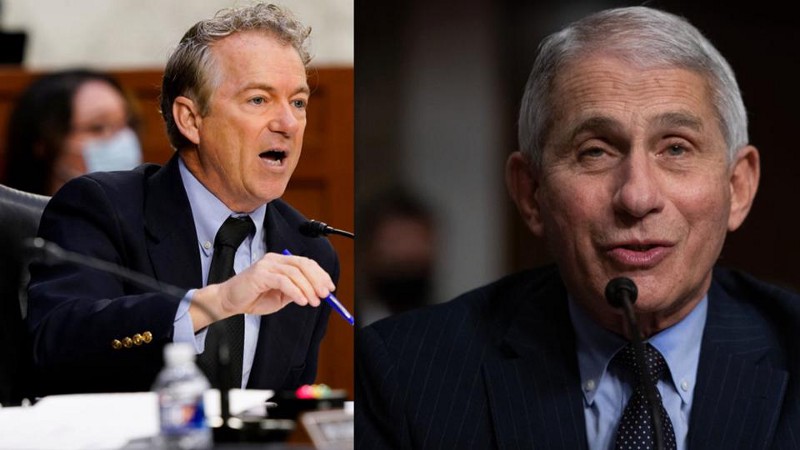How Obama Reframed Climate Change and Why the “War” Metaphor Continues to Distract Us
In an article in the Sunday edition, WPost reporters Steve Mufson and Juliet Eilperin detail how Obama during his presidential campaign took the lead in urging his staffers to re-frame their message on energy and climate change. As the headline notes, Obama’s campaign and White House has gained traction by “re-framing” the issue in terms of jobs and national security, the type of communication strategy and bully pulpit leadership that I urged was necessary in an April article at the journal Environment.
Unfortunately, as I wrote last week and detailed at Environment, though the White House is staying mostly on message with a smart communication strategy, several prominent progressive voices continue to emphasize frames of politicization and conflict that only reinforce the perceptual divide on climate change. Until these progressive climate advocates shift from their preferred “war” narrative of good guys vs. bad guys, deniers vs. champions, anti-science versus pro-science, it is going to be difficult to overcome policy gridlock and pass effective climate legislation. This narrative served a rally-the-base purpose earlier this decade, but it’s time to move beyond waving the bloody shirt of the Bush and Republican Congress record on climate change.
From the main text and then an end note to the Environment article, here’s how I describe the impact and relevance of the “war” metaphor as applied to climate change:
Many environmental advocates and scientists have focused on public accountability as an additional call-to-arms on climate change. These advocates accuse the George W. Bush administration of putting politics ahead of science and expertise on a number of issues, including climate change. For example, in the 2004 election, Democratic presidential candidate U.S. Senator John Kerry (D-MA) made strategic use of the public accountability frame, comparing distortions on climate change to the administration’s use of intelligence to invade Iraq.36
In 2005, journalist Chris Mooney’s best-selling The Republican War on Science helped crystallize the public accountability train of thought, turning the “war on science” into a partisan rallying cry.37 In 2007, Hillary Clinton, in a speech marking the 50th anniversary of Sputnik, promised to end the “war on science” in American politics, highlighting the prominence of this frame device. In a late 2008 transition speech, President Obama similarly invoked the public accountability frame and Gore’s film while announcing his science policy advisers:Because the truth is that promoting science isn’t just about providing resources–it’s about protecting free and open inquiry. It’s about ensuring that facts and evidence are never twisted or obscured by politics or ideology. It’s about listening to what our scientists have to say, even when it’s inconvenient–especially when it’s inconvenient.38
The public accountability frame has outraged and intensified the commitment of scientists, environmental advocates, and many Democrats, motivating them to label climate skeptics as “deniers” and to engage in sharp rhetorical attacks on political opponents. Yet for other members of the public, “war on science” claims are likely ignored as just more elite rancor or only further alienate Republicans on the issue.
From the end notes to the article:
War is a commonly used metaphor and frame device across U.S. politics. When the threat is defined as originating from a social group within American society, such as liberals’ alleged “war on Christmas” or conservatives’ alleged “war on science,” the metaphor polarizes views, communicates the differences between “us” and “them,” and rallies a particular social movement or ideological base. When used to point to an external, existential, or real threat, such as the “war on terror,” “Cold War,” “war on cancer,” or “war on global warming,” the metaphor results in national and societal unity, transcending ideological divisions, as Americans join to defend common values and self-interests. See E. Nepstad, “The Continuing Relevance of Coser’s Theory of Conflict,” Sociological Forum 20, no. 2 (2005): 335-337.




